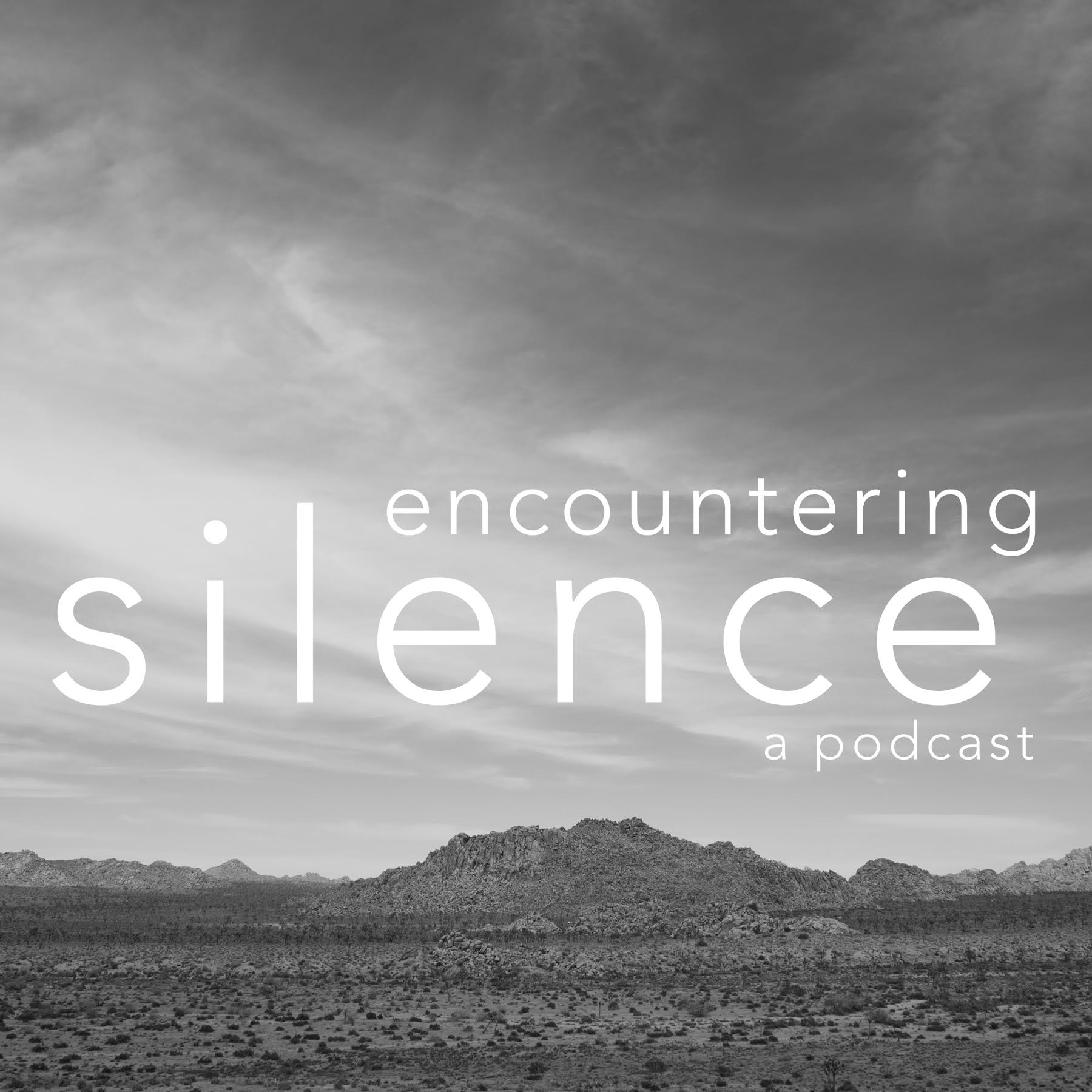Fr. Richard Rohr, OFM: Silence, Action, and Contemplation (Episode 19)
April 25, 2018

Richard Rohr talks with us about silence, spirituality, contemplation, action, and why discernment matters.
Richard Rohr talks with us in this episode about silence, spirituality, contemplation, action, and why discernment is essential for each of these areas of life.
One of the most popular and beloved of living authors writing about contemplation , Fr. Richard Rohr, OFM is the founder of the Center for Action and Contemplation in Albuquerque NM, and the dean of the online Living School. Through his popular books, audio recordings, conferences, and daily emails, this Franciscan priest has become a leading spokesperson for the recovery of contemplative spirituality in our time.
Kevin, Cassidy, and Carl skyping with Fr. Richard Rohr.
"I believe the primary orthopraxy — praxis — is silence. Primary: it precedes all other spiritual practices, all other spiritual disciplines. And of course we're first of all talking — and I know you know what I'm going to say — about interior silence. And that takes a while to achieve, because most of us, our mind fills up as soon as we open our eyes in the morning, with ideas, projects, agendas, arguments... and they're all of a verbal character." — Fr. Richard Rohr, OFM
Rohr spoke with the Encountering Silence team from his hermitage in New Mexico, where he offered insight not only into his work as a writer and speaker, but also into the challenges we all face as we seek to integrate contemplation (including silence) into the demands of contemporary life. Indeed, as our conversation progressed it became clear that, as much as he values silence, Rohr felt strongly that silence should never be used as an escape from the demands of relationships, communities, or the struggle for justice — the "action" that must be partnered with "contemplation."
Rohr has a keen understanding that silence is not something that not all people have easy access to — so, therefore, silence is a justice issue. He also points out that silence is not the same thing as contemplation (neither, for that matter, is being an introvert!) and that perhaps the most valuable gift that silence can give us is an invitation to move beyond the dualistic nature of language into a space that is restful, open, and simple — a space where, in the title of one of his most popular books, "Everything Belongs."
"Silence is a way of knowing." — Kevin Johnson
Richard Rohr is a warm and generous person and our conversation was quite intimate. He told us a remarkable story about encountering two of the most renowned Catholics of the twentieth century shortly after graduating from high school (spoiler alert: one of them was Thomas Merton!), and reflects in a truly beautiful and vulnerable about how it feels to be a man at 75 (we recorded just a few days after his birthday) where he finds grace in "having no agenda."
"If people do get into contemplation or silence in the first half of life, it's almost always by some encounter with limits. Let me call it that instead of suffering, because we're so afraid of the word suffering. But without limits entering your life, you tend to define your religion in terms of spiritual ascending, rather than descending." — Fr. Richard Rohr, OFM
Among the topics we touch on in our wide-ranging conversation is the distinction between true and false silence — as well as true and false dimensions of activism — the importance of being in the "second half" of life for embracing the contemplative life, the recognition that contemplation can take different forms in different cultures, and the hope that Rohr finds working with younger adults in the context of his ministry.
Some of the resources and authors we mention in this episode:
Richard Rohr, Essential Teachings on Love
Thomas Merton, The Sign of Jonas
Mother Teresa, Come Be My Light
St. Francis of Assisi, In His Own Words: The Essential Writings
Kenneth Leech, Prayer and Prophecy
Richard Rohr, Falling Upward
Richard Rohr, The Naked Now: Learning to See as the Mystics See
Tilden Edwards, Living in the Presence